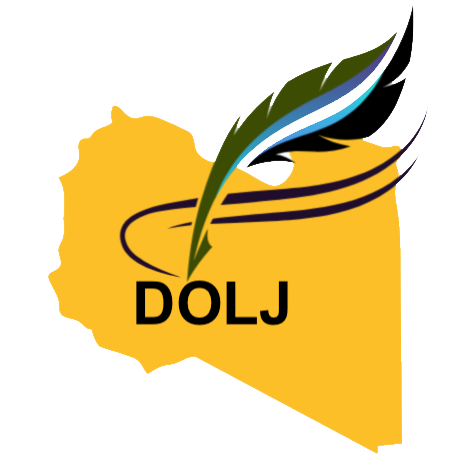Al-jarab "Hikayat Najaa" Narrative memory and Libyan folklore memory
DOI:
https://doi.org/10.54172/jg3ap131Keywords:
Libyan popular heritage, collective memory, Hikayat Najaa, mythology, folk proverbs, folk songsAbstract
Libyan cultural heritage preserves the finest details of life and practices, representing the popular memory that has contributed to revealing the history of Libyan society. Writer Ahmed Youssef Aqeela has benefited from this collective oral popular memory, where the minds and generations of the Libyan people integrate and record this heritage in his literature. The novel "Hikayat Najaa" is a popular and cultural inventory of Libyan folktales and realities that have conveyed to us the nature of life in the Libyan Bedouin society. This Libyan cultural heritage emphasizes the similarity or resemblance of life in Libyan society and preserving the distinctive Libyan character traits. The events of "Hikayat Najaa" remain stuck in the collective popular memory of the Libyan people, living on their lips, fully preserved in the folkloric memory of the Libyan people. The methodology used in this research is the descriptive method that describes the aspects of the impact and influence of Libyan popular heritage and its manifestations in the novel "Hikayat Najaa" by the writer Aqeela. It analyzes the characters and events within the framework of this great heritage. The most significant results of this research are that the story of "Al-Jarab" by Ahmed Youssef Aqeela represents a folkloric, literary, and descriptive value, written with letters full of life and Libyan tales, recording everything related to the features of the Libyan people. There is also a strong presence of distinctive Libyan character traits in the story of "Al-Jarab," which is confirmed by the events of "Hikayat Najaa."
Downloads
Published
Issue
Section
License
Copyright (c) 2024 Areej Khattab (Author)

This work is licensed under a Creative Commons Attribution 4.0 International License.
Copyright of the articles Published by Almukhtar Journal of Social Science (MJSSc) is retained by the author(s), who grant MJSc a license to publish the article. Authors also grant any third party the right to use the article freely as long as its integrity is maintained and its original authors and cite MJSSc as the original publisher. Also, they accept the article remains published by the MJSSc website (except in the occasion of a retraction of the article).













